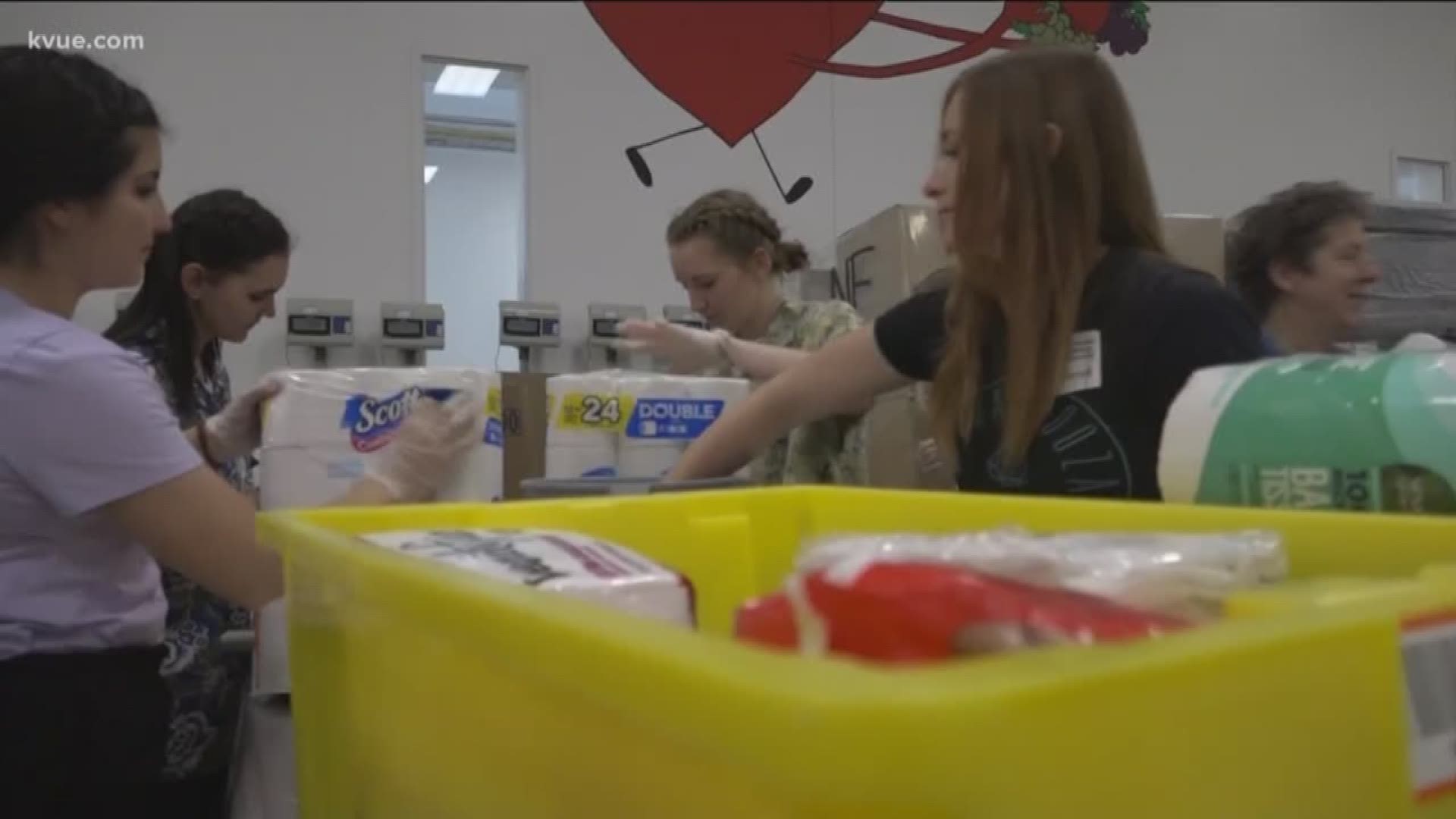AUSTIN, Texas — Austin Mayor Steve Adler issued an order for residents to stay home on Tuesday, March 24, to mitigate the spread of the novel coronavirus, and Williamson County is following suit.
The order means that Austin residents must stay inside unless they need to take care of a medical-related issue, need to go to the grocery store or need to exercise outdoors.
The order also means that all residents must stay at home and all non-essential businesses must close in-person operations until April 13. Similar orders have been issued in other Texas cities such as Houston, Waco, and Dallas County.
RELATED:
You may be wondering what businesses will remain open and which will close under this order. Healthcare operations, critical infrastructure and some retail are considered essential. Here's a breakdown of what can stay open during the order:
- Hospitals
- Pharmacies
- Veterinary care
- Dentists
- Mental health providers
- Clinics
- Pharmaceutical companies
- Grocery stores and supermarkets
- Farmers' markets
- Food banks
- Convenience stores
- Liquor stores
- Other establishments that sell canned food, dry goods, fresh fruits and vegetables, pet supplies, fresh meats, fish poultry and other household products such as cleaning and personal care products
- Farms and other establishments that fish and raise livestock to sell
- Businesses that provide food, shelter and social services to the needy
- News media, such as KVUE
- Gas stations
- Auto dealerships and auto shops
- Banks and related financial institutions
- Hardware and supply stores
- Critical trades such as plumbers, electricians, exterminators, pool cleaners and other services that maintain safety, sanitation and essential operation of residences
- Infrastructures such as electricity gas, water, wastewater and other public works
- Mail and delivery services including post office boxes
- Laundromats, dry cleaners and laundry service providers
- Restaurants and other facilities that prepare and serve food as long as customers can only order delivery and takeout
- Businesses that supply products for those who work from home
- Businesses that supply computers, video and audio electronics, microelectronics, semiconductors, hardware, paint, electrical and plumbing material, sanitary equipment and medical equipment
- Food delivery services
- Transportation such as aircraft, taxis and other private providers such as Uber and Lyft. However, both Uber and Lyft suspended shared rides globally to "flatten the curve" of coronavirus
- Home-based care and services, which includes caregivers who take care of seniors, adults and children
- Residential facilities and shelters for seniors, adults, children and animals
- Professional services such as legal or accounting services, insurance services and real estate services
- Information technology services
- Moving supply services
- Hotels and motels
- Funeral, mortuary, cremation, burial, cemetery and other funeral-related services as long as social distancing can take place
- Educational institutions, including public and private K-12 schools, colleges and universities, as long as they are operating for the purpose of facilitating distance learning, performing critical research or performing other essential functions
- Childcare facilities
Gyms and fitness centers are not considered essential and should close, the order states.
For a full explanation of the Austin order, read it online.
PEOPLE ARE ALSO READING:

